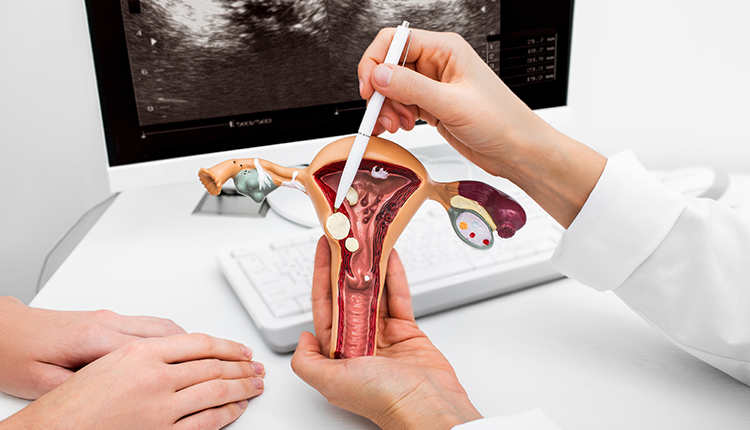
Gynecology (female health), obstetrics (pregnancy and delivery), and reproductive medicine are the specialisations required of a gynecologist. Gynecology is the diagnosis, treatment, and prevention of diseases and illnesses of women’s reproductive organs, whereas obstetrics is a maternity care specialisation.
Wondering how to become a Gynecologist?
- Qualify for the NEET-UG exam after successfully completing senior secondary school from an accredited board, attaining a minimum of 50% in Physics, Chemistry, Biology/Biotechnology, and English.
- Upon securing admission to a medical college, the completion of an MBBS degree, coupled with a one-year rotational internship, is mandatory. Emphasis should be placed on practical classes, ward postings, seminars, conferences, etc., during the graduation period, as they form a solid foundation for your medical career. One of the best obstetrics and gynecology online courses is OBGYN for UnderGrads.
- Admission to PG in OBGYN requires success in the NEET PG or INI-CET entrance examination. To master the subject during postgraduation, go for the obstetrics and gynecology course by Dr. Aswath Kumar available online. It’s a one-of-a-kind OBGYN course that focuses on dealing with atypical cases in clinical settings and helps postgrads in their NEET-PG preparation.
- Upon achieving the necessary score in the NEET-PG exam, opt for the MS or MD in OBGYN specialization during counseling. Throughout the three-year master’s program, completion of the PG dissertation and junior residency is mandatory.
- Following the residency program, obtain your medical certification and license to practice as an OBGYN specialist.
- Pursuing DM, DrNB, MCh, or DNB courses is also an option. Admission to various DM/MCh and DrNB Super Specialty programs is based on marks and rank secured in the NEET-SS entrance examination.
You can follow a 2-year Diploma in Obstetrics and Gynecology programme. This course has three papers:
Paper I: Obstetrics and Gynecology Basic Sciences and Recent Advances
Paper II: Obstetrics, including social obstetrics and neonatal illnesses
Paper III: Gynecology and fertility regulation
You can even go for DNB broad specialty:
- To pursue a career in OBGYN, you can do a three-year DNB-broad specialty degree in Maternal and Child Health. The NEET-PG entrance test is used to determine admission to this three-year Post Diploma DNB degree.
- You can also pursue a two-year Post MBBS DNB study in OBGYN. DNB-PDCET is used to gain admission to a list of wide specialisations in which NBEMS provides a 2-year Post Diploma DNB course. The goal of a DNB curriculum in Obstetrics and Gynecology is to provide students with a comprehensive understanding of Anatomy, Physiology, Pharmacology, and Pathophysiology as they relate to the reproductive system.
- Graduates will be able to manage all normal and pathological stages while also contributing to a team involved in teaching, research, and healthcare. The theoretical portion of the course is followed by practical training, case presentations, seminars, Journal club, clinical audits, poster and oral presentations, and other activities. A medical practitioner learns diagnostic techniques such as anaesthetic procedures, pre and post-operative care, and emergency scenarios.
Here’s an insight into a Gynecologist’s salary:
Gynecology is a very profitable and difficult medical specialty. A gynecologist’s income is determined by several criteria, including geographical location, government or private sector employment, experience, and specialisation. At the outset of their career, a gynecologist/OBGYN specialist can make around 10-12 lakhs per year. However, as qualifications and experience increase, so does the salary scale. However, surgeons are paid far more than consultants and physicians. A strong academic record might also lead to a prosperous profession.
















